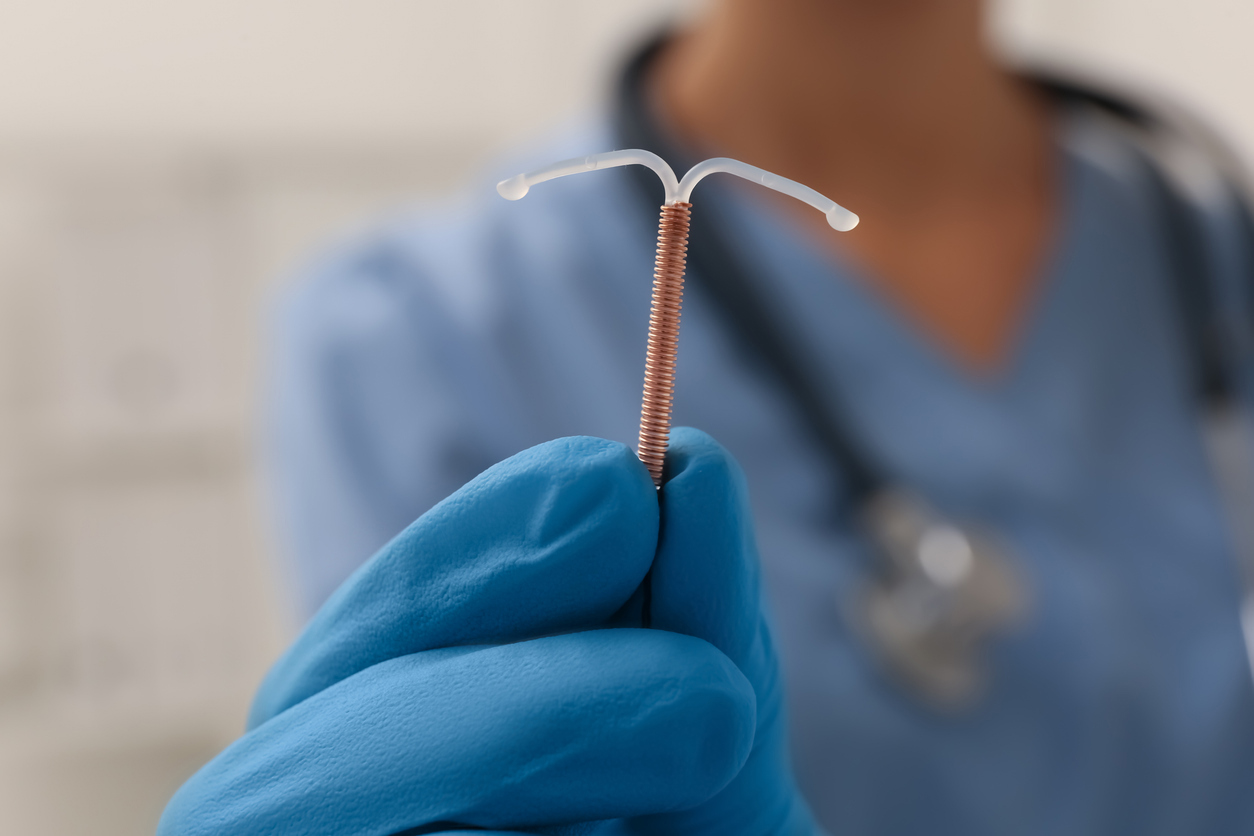
Experts are telling Australian women with IUDs to help manage endometriosis not to fear after an international study linked the common contraceptive device to an increased risk of breast cancer.
The study of 156,000 women aged 15 to 49 was conducted by a Danish research team and published in JAMA last week, making headlines.
Half of the women studied had a levonorgestrel-releasing device such as the Mirena or Kyleena inserted and showed increased rates of breast cancer, with those rates rising based on how long they had been using an IUD.
READ MORE: Prosecutors drop Menendez brothers bombshell
The study raised concern among Australian women, especially the one in seven living with endometriosis, many of whom rely on an IUD to manage the incurable reproductive disease.
But Dr Kate Tyson, Gynaecologist and Director of the Juilia Argyrou Endometriosis Centre at Epworth, told 9news.com.au that they need not worry.
“In general, women using IUDs for endometriosis shouldn’t be concerned about the findings in this study,” she said.
“It’s received a lot of attention because it’s scary, and we know that scary things create more furore.”
READ MORE: ‘Special orders’: Police conduct secret raid of Liam Payne’s hotel room
The IUD is a valuable tool in the management of symptoms related to endometriosis and other conditions, particularly for people unable to tolerate other methods of management.
“The findings showed only a very, very small increase in the risk of breast cancer, and it’s only been in this one study,” Tyson explained.
“Furthermore, the increase in risk is an increase from a very small risk at baseline for women in this age cohort.”
In fact, sedentary behaviour and alcohol consumption increase the risk of breast cancer more than IUDs and the Mirena has been shown to reduce risks of other cancers, including endometrial, ovarian and cervical cancer.
READ MORE: The man Trump says he’d ‘fire within two seconds’ if re-elected
There’s been a documented uptick in endometriosis misinformation and disinformation spread online and in the media, which can make it hard for Australians living with the disease to separate fact from fiction.
“There was a study recently that showed that only 19 per cent of surgical posts on social media related to endometriosis were factually correct,” Tyson warned.
“Unfortunately, there’s no easy way of telling if the data that you’re reading is correct or incorrect.”
She urged any Australians with endometriosis concerned about the new study to speak with their doctor about individual risks and look to trusted sources like health professionals and endometriosis organisations and institutions for information.
FOLLOW US ON WHATSAPP HERE: Stay across all the latest in breaking news, celebrity and sport via our WhatsApp channel. No comments, no algorithm and nobody can see your private details.
links to content on ABC
9News





